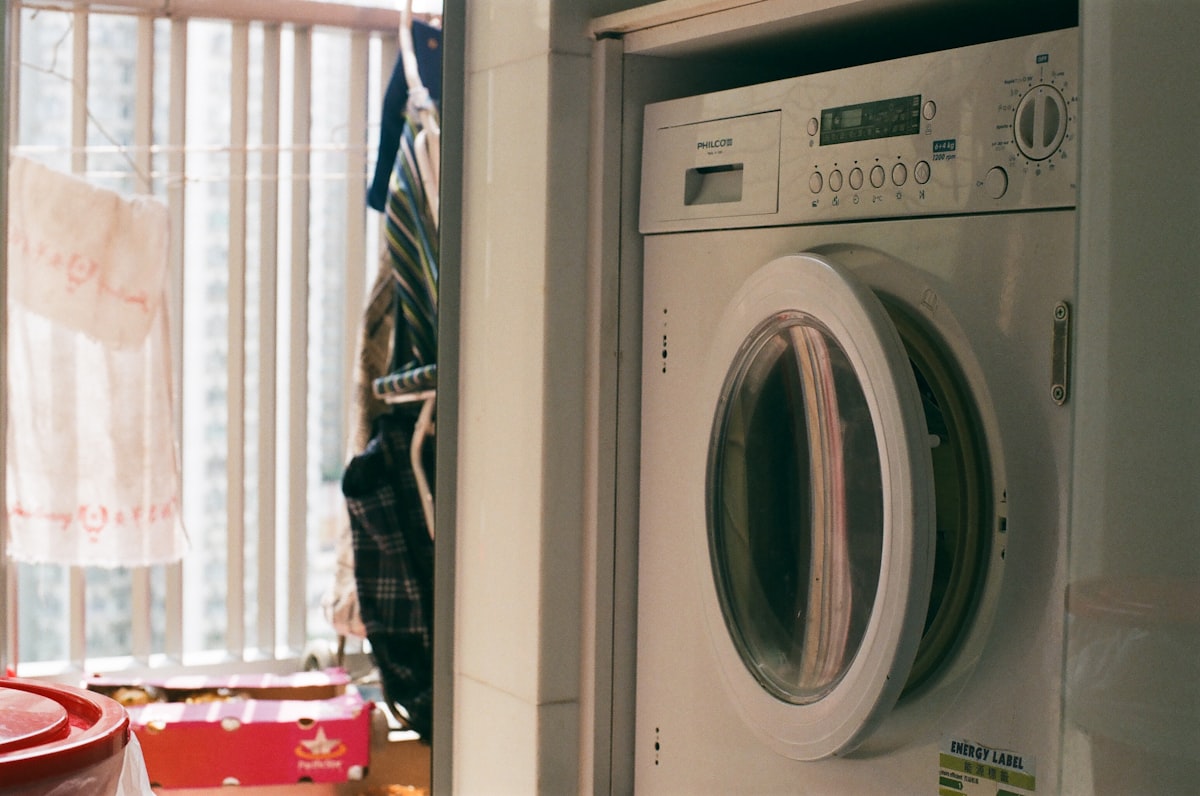How I Get My House Chores Done in Half the Time

House Chores. We all do them, probably every day and maybe even multiple times a day. It's boring, repetitive, and adds up to hundreds of hours every year.
A little thoughtfulness and cleverness can save you hundreds of hours a year that you would have wasted, and yet, house chores are rarely covered in the productivity space.
Over the last few months, I've been experimenting with ways to cut back on how much time I spend on house chores without sacrificing quality, and I'd like to share some of the strategies that worked for me.
Not just so we have more time for work, so we have more time for everything else: exercise, family, reading, or an extra 10 minutes of snoozing in the morning.
Write Down Everything
The first thing I did is to write down every house chore I did in a week and how long each one takes. Writing it all down helps get a better overview of what needs to be done, how often, and how much time you spend doing it.
Another critical factor is whether it interrupts your day in some way. Hanging the laundry might only take you 15 minutes, but it might also take you another 15-20 minutes to get back into the flow if you do it in the middle of a deep work session.
Automate
The most productive way to do something is not to do it.
Go over every item in the list and see if there's a way you can automate it. You don't have to vacuum and mop the floor if a robot does it. You don't have to water the lawn if you have sprinklers set up.
I, like most people with pets, was vacuuming and mopping quite frequently. There are plenty of robot vacuums that also mop the floors, so that's two house chores I could automate completely. I bought the Roborock S5 Max, and it does a great job keeping the floors clean; all I have to do is empty the bin and refill the water tank. Vacuuming and mopping the house now takes about 5 minutes instead of 50 minutes a week—an easy 10x improvement.
We can automate many things: vacuuming, mopping, mowing the lawn, feeding your pets, watering the lawn by setting up (timed) sprinklers. Any chore you can check off in this step wins you back a lot of time.
Combine chores
We can't automate everything yet, and you will still have many manual tasks left on your house chores list. The most efficient way to tackle these tasks is to group them. Each task might take the same amount of time, but you minimize the number of interruptions to your day by doing it all at once.
Wash all your dishes at once at the end of the day instead of after every meal. Pick up your groceries on the way back from the gym. Put away the clean dishes while you wait until your food is ready. Wash your clothes together with the bedsheets or towels, so you don't have to run a separate cycle.
The more chores you can combine, the fewer interruptions you'll have throughout your day. It's better to get everything done in a one-hour block in the evening than to have four 15-minute blocks throughout the day.
Utilize "Dead" Time
Unlike most knowledge work, you don't have to get into the flow to get house chores done. You can use a spare five or ten minutes to get house chores done.
Next time you're waiting for a call to start, your project to finish compiling, or partner to get ready to leave. Fit in some small house chores; you'll be surprised how much you can do in the small amounts of downtime we have throughout the day.
Keep a list of small chores that need to get done in your favorite to-do app, so whenever you have a spare few minutes, you know what to do. Water the plants, empty the trash can or make the bed and get chores done in the time that you would otherwise use to scroll through social media.
Delegate
There are also plenty of chores that we can't automate to robots and don't want to do ourselves. In this case, you don't have much choice; you can hire someone else to do it for you.
Hire a cleaner to clean your house, pay a company to pick up your laundry and return them washed and folded, or hire a gardener to take care of garden maintenance for you.
Hiring someone is more costly than the other options, but it still might be worth it for you. Implementing the previous steps first will help keep the costs of delegating down. A cleaner might not need to come as often if you have a robot vacuum keeping most of your house clean daily.
Conclusion
After implementing these steps, I cut down my house chores by about 5 hours a week. Nearly half of that is due to automation and batching, and the other half is hiring a cleaner.
That's about 250 hours a year or six workweeks assuming a standard 40-hour workweek. House chores are rarely a topic of discussion in the productivity space, but that's probably more time than any app, or elaborate Notion setup could win back for you each year.